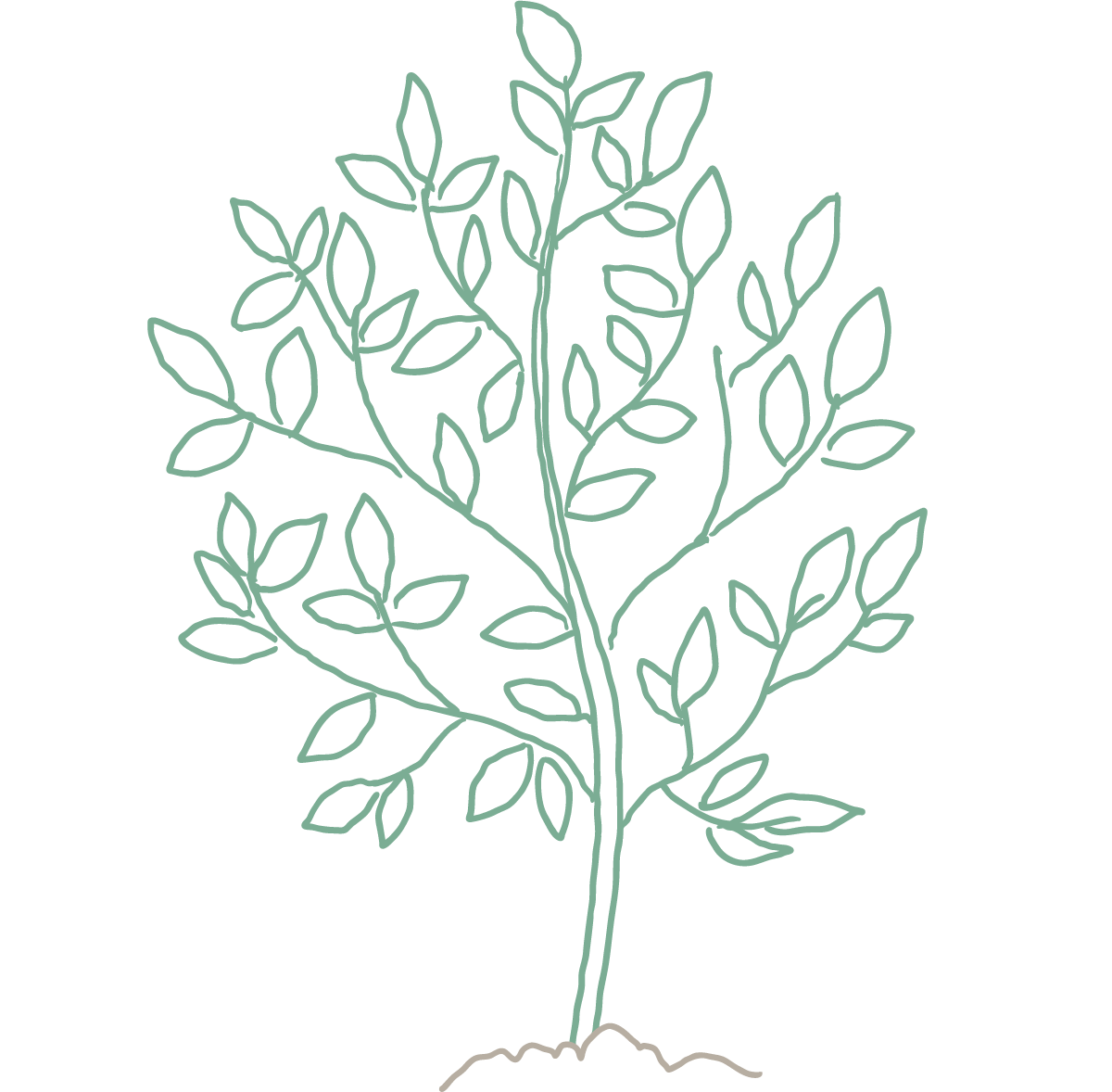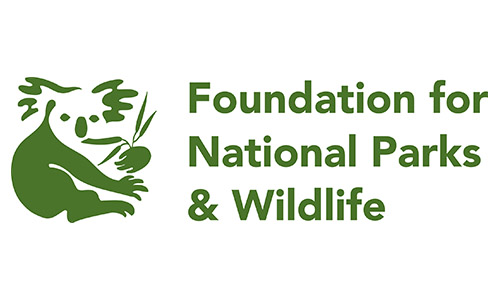Black Summer Anniversary and Recovery Considerations :
Building agency for our wellbeing post bushfires
Adapted from Dr. Rob Gordon and the Australian Centre for Grief and Bereavement
Last Summer’s bushfire season left a toll on many people, especially those working in the wildlife volunteer community.
Dr Rob Gordon, a psychologist and also a bushfire survivor, has been working in the field of post disaster recovery for near on 40 years. Two Green Threads has drawn on Dr Gordon’s guidance offered in the context of the the Black Saturday bushfire affected communities, as we start a future of anniversaries of the 2019/20 Black Summer fires.
Agency means the ability to take action or to choose to take action. These words are offered as a means to inspire and support self agency as we acknowledge the first anniversary of the Black Summer fires. Dr Gordon’s words remind us that the path for recovery for each of us is unique and that our sense making can take time.





The reflections may end here but that’s not because recovery is usually over at some magical four year mark. The reflections to this point emphasise the message that recovery is unique for every person, and its timeframe can’t be categorised into a capped number of years.
Content Acknowledgement:
This page contains material drawn from from Dr. Rob Gordon’s work with Black Saturday communities, made public on the Australian Centre for Grief and Bereavement (ACGB) website at: Resources for Those Affected by the 2009 Victorian Bushfires. The content has been republished with the permission of Dr. Gordon.

With grateful acknowledgment to the following supporters for enabling this resource.

This is part of the Wildlife Heroes Caring for Carers Campaign
supported by the Foundation for National Parks & Wildlife and the Australian Government.

Thanks also to our supportive partner The International Fund for Animal Welfare.